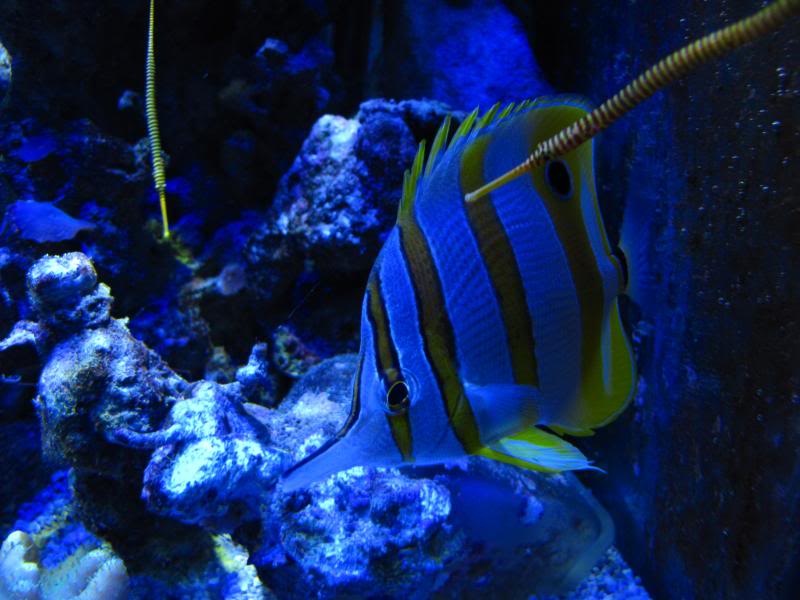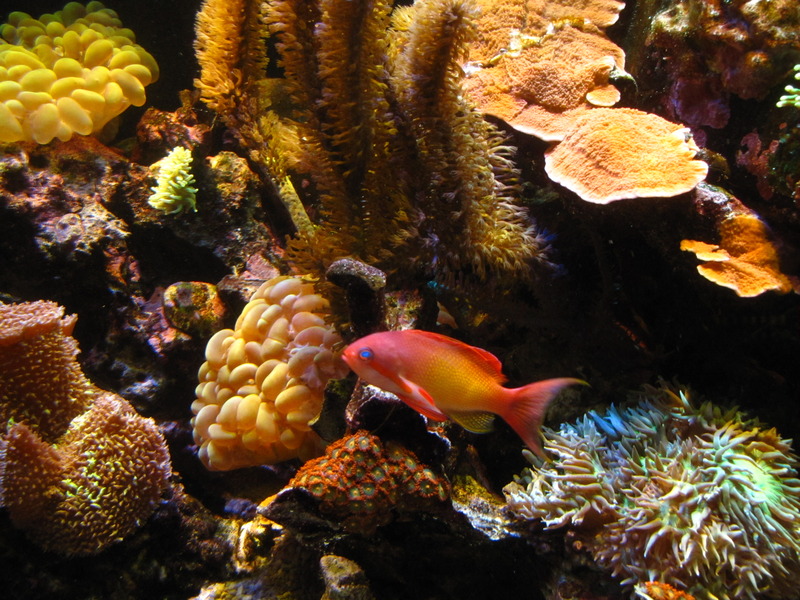Thanks Paul, it's interesting to note that the only paired fish I have are the clowns and the humbugs... the clowns have been laying regularly for nigh on 6 months, well before I started this feeding regime. However, the humbugs started breeding behaviour (darkened colouration, male bobbing in a repetitive fashion, shimmying against each other and cleaning of a rock) only this week.Gweeds, the way you feed, "all" your paired fish should be spawning as I know they will. Spawning goes along with immunity and if your fish become truly immune, only being run over by a school bus, twice will kill them and disease will be a non issue like it has been for me for decades.
By all accounts acanthurus tangs will succumb to ich at some point... be interesting to see what happens with my OST as it was infested when I had the original breakout but I haven't seen a single spot since.
Or... It's all luck and has nothing to do with science... in which case I may as well just sit and wait for the apocalypse [emoji6]





















